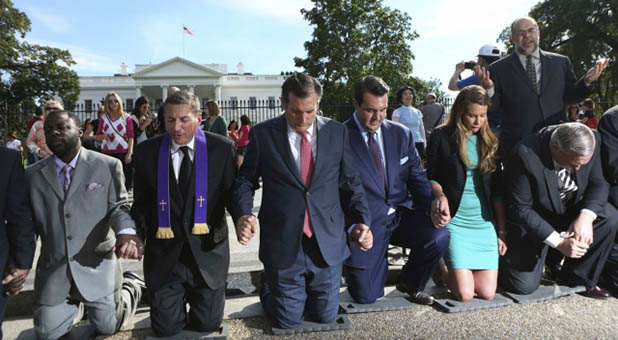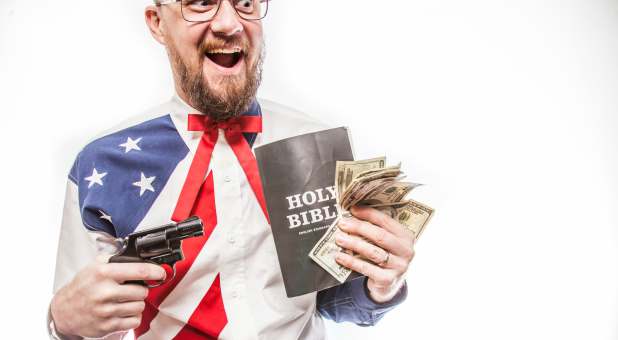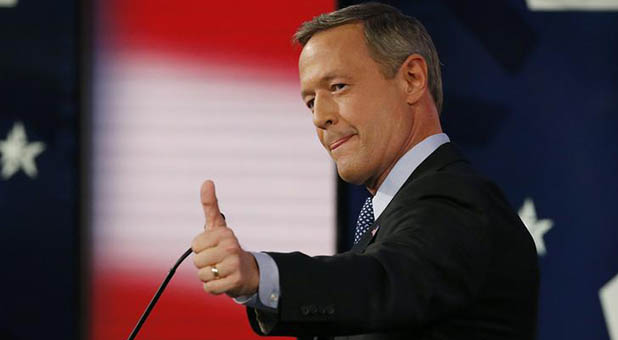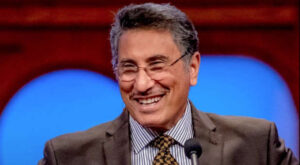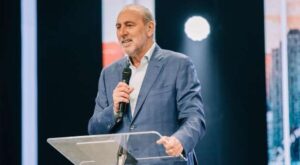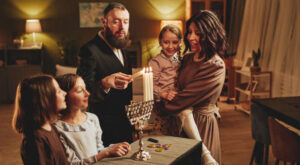It’s long been said evangelicals tend to have a “tin ear” when it comes to politics, which is one reason why there has been so much effort put into energizing them and getting them to vote in elections.
But a new poll from the Barna Group suggests those efforts are failing. Among Americans—who are already among the least engaged voters in the world—evangelicals, as a voting bloc, have the worst level of engagement.
Overall, only 31 percent of Americans said they were watching 2016 election news “very closely.” Another 45 percent said they were watching it “somewhat closely.” When they were broken down by the religious affiliation, these numbers said they were “very interested”:
- 41 percent of those who hold a non-Christian faith (e.g., Jews, Muslims, Buddhists)
- 38 percent of Catholics
- 36 percent of skeptics (e.g., atheists, agnostics, those without any faith interest)
- 30 percent of notional Christians—those who consider themselves Christian, but are not saved
- 30 percent of born-again Christians who do not meet Barna’s criteria for “evangelical”
- 26 percent of Protestant Christians who do not meet Barna’s criteria for “born-again” or “evangelical”
- 20 percent of evangelical Christians
The Barna Group does not allow respondents to self-identify as evangelicals for its surveys. Instead, it uses a nine-point definition of “evangelical” that includes:
- they have made “a personal commitment to Jesus Christ that is still important in their life today”;
- their faith is very important in their life today;
- they believe that when they die they will go to heaven because they have confessed their sins and accepted Jesus Christ as their Savior;
- they strongly believe they have a personal responsibility to share their religious beliefs about Christ with non-Christians;
- they firmly believe that Satan exists;
- they strongly believe that eternal salvation is possible only through grace, not works;
- they strongly agree that Jesus Christ lived a sinless life on Earth;
- they strongly assert that the Bible is accurate in all the principles it teaches; and
- they describe God as the all-knowing, all-powerful, perfect Deity who created the universe and still rules it today.
The Barna numbers are even more shocking when compared to evangelicals’ view on the importance of the 2016 election. More than three-fourths of those surveyed—78 percent— said the outcome of this year’s presidential election will be “extremely important to the future of the United States.”
That compares to 54 percent for non-evangelical born-agains and 52 percent for notional Christians. Slightly more—57 percent—of religious skeptics held the same view, while those aligned with non-Christian faiths were far less concerned (about 49 percent held the same view).
The Barna Group pointed to source for this “paradox”: how “fair and objective” they believe the mainstream media is in its reporting of information relating to the election. The survey found just 5 percent of evangelicals believe the media is providing completely fair and objective coverage of the campaign.
But trust in the media remains at historic lows. Fewer than one out of five registered voters—just 17 percent—believes the media is providing campaign reporting that is either completely or mostly fair and objective.
Here is how those numbers break down by religious affiliation:
- 34 percent of Catholics;
- 33 percent of notional Christians;
- 33 percent of those who adhere to a non-Christian faith;
- 31 percent of skeptics;
- 28 percent of non-evangelical born-again Christians;
- 26 percent of Protestant Christians; and
- 16 percent of evangelicals.
On the other side of the coin, a full majority of evangelicals believe the mainstream media is either completely or mostly unfair and subjective in its reporting of the 2016 election. Here are how the numbers break down by voting bloc:
- 51 percent of evangelicals;
- 28 percent of Protestant Christians;
- 27 percent of non-evangelical born-again Christians;
- 27 percent of skeptics;
- 23 percent of Catholics;
- 22 percent of notional Christians; and
- 18 percent of those who adhere to a non-Christian faith.
The Barna Group’s founder, George Barna, analyzed the results:
“Nobody expected 17 candidates to seek the GOP nomination. Nobody expected Donald Trump to be taken seriously by Republican voters, much less to emerge as the man to beat. Nobody expected the last two credible Republican candidates to be those representing the Washington outsiders. Nobody expected a democratic socialist to give Hillary Clinton serious competition. Nobody expected so many evangelicals to back a Republican candidate whose lifestyle has consistently conflicted with their values. Nobody expected the televised debates to draw such record-breaking audiences. And the list goes on.
“When we look at a more accurately defined evangelical population—not the self-defined evangelicals used by media outlets—it’s certainly surprising to see this segment delay their focus on the race. And that is certainly all we’re talking about at this point: a group that is waiting to see what happens with the nominating process before devoting a greater mind share to election news. They admit this is a highly important election for the fate of the nation. They consistently strive to influence the direction of the nation. And the combination of evangelicals who are watching the unfolding of the race either very or somewhat closely is as high or higher than that of any segment. They are conscious of what is happening but not yet fully focused. We expect to see their attentiveness climb substantially over the next few months.”
See an error in this article?
To contact us or to submit an article


